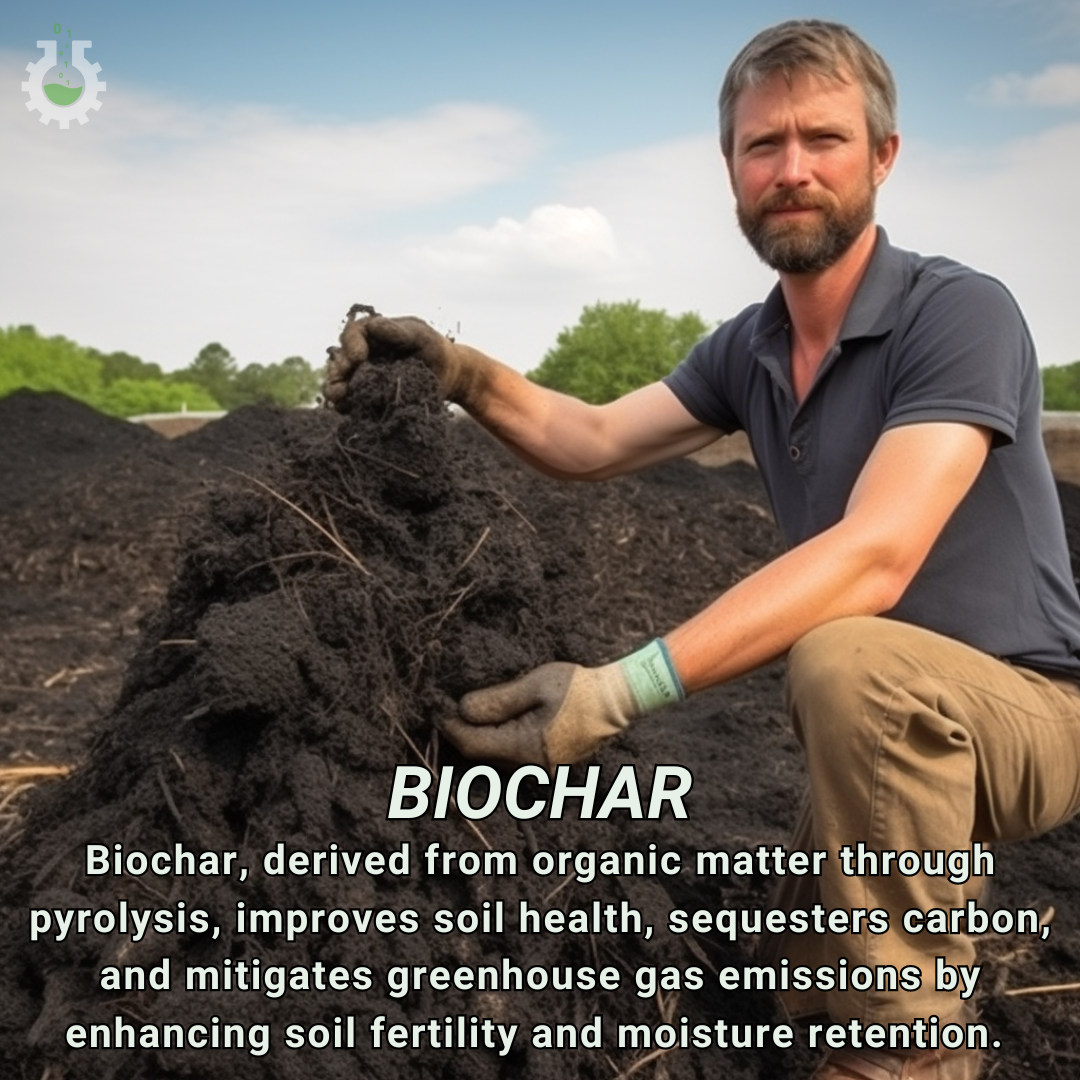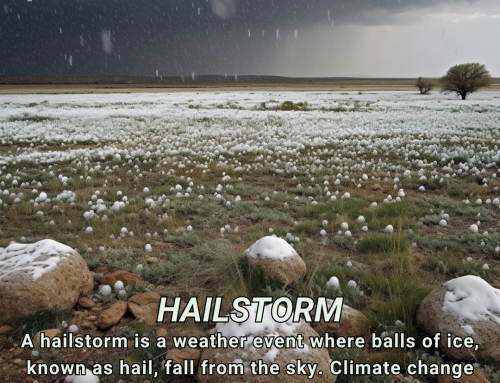
Today’s Climate Change Poster Collection highlights Biochar, a carbon-rich substance produced through the pyrolysis of organic materials, has emerged as a promising tool in the fight against climate change. This process involves heating organic matter, such as wood, agricultural waste, or animal manure, in a low-oxygen environment, resulting in a highly stable and porous material that can be used as a soil amendment. The production of biochar has gained significant attention due to its multifaceted benefits, which include carbon sequestration, soil improvement, and the potential for sustainable energy production.
One of the most notable aspects of biochar is its ability to sequester carbon in soils for extended periods. When organic matter undergoes decomposition, it releases carbon dioxide into the atmosphere, contributing to the greenhouse effect and exacerbating climate change. However, by converting this organic matter into biochar, a portion of the carbon is effectively locked away in a stable form that can persist in soils for hundreds to thousands of years. This long-term carbon storage capacity makes biochar an attractive option for mitigating the impact of human activities on the global climate.
In addition to its carbon sequestration potential, biochar has been shown to have numerous benefits for soil health and agricultural productivity. When incorporated into soils, biochar can improve soil structure, increase water retention, and enhance nutrient availability. The porous nature of biochar allows it to act as a habitat for beneficial soil microorganisms, which play a crucial role in nutrient cycling and plant growth. By improving soil fertility and water-holding capacity, biochar can help to reduce the need for chemical fertilizers and irrigation, leading to more sustainable and resilient agricultural practices.
Moreover, the production of biochar through pyrolysis can also contribute to the development of renewable energy sources. During the pyrolysis process, organic matter is heated in the absence of oxygen, resulting in the production of syngas and bio-oil, in addition to biochar. These byproducts can be used as sustainable alternatives to fossil fuels, providing a source of clean energy that can help to reduce our reliance on non-renewable resources.
The potential of biochar to address multiple environmental challenges has led to increased research and interest in its application worldwide. From small-scale farming operations to large-scale industrial projects, the use of biochar is being explored as a means of promoting sustainable land management, enhancing food security, and mitigating the impacts of climate change. As we continue to seek solutions to the pressing environmental issues facing our planet, biochar presents a compelling option that can contribute to a more sustainable and resilient future.
However, it is important to note that the effectiveness of biochar as a climate change mitigation tool depends on various factors, such as the feedstock used, production conditions, and application methods. Further research is needed to fully understand the long-term impacts of biochar on soil health, greenhouse gas emissions, and overall ecosystem functioning. Additionally, the development of policies and incentives to support the adoption of biochar as a climate change solution will be crucial in realizing its full potential.
Biochar represents a promising approach to addressing the complex challenges posed by climate change. By sequestering carbon, improving soil health, and supporting sustainable energy production, biochar offers a multifaceted solution that can contribute to the development of a more sustainable and resilient future. As we continue to explore innovative ways to mitigate the impacts of human activities on the environment, biochar will undoubtedly play an increasingly important role in the global effort to combat climate change.
Discover an inspiring collection of climate change poster.






